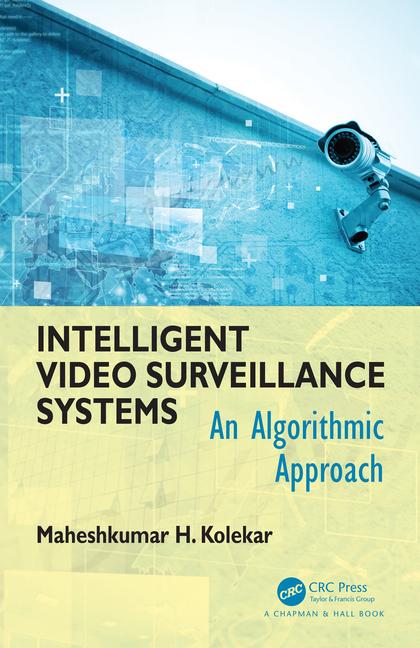SIA Defends Use of Key Technologies in N.H., Okla.

The following information was released by the Security Industry Association (SIA):
The Security Industry Association (SIA) recently took action to defend the use of electronic security technologies in two states.
The New Hampshire legislature is considering a bill (H.B. 244) that would ban most public and private uses of biometrics in the state. If enacted, SIA chief executive officer Richard Chace warned in a letter to Rep. Neal Kurk [R-District 7], the bill’s sponsor, the legislation would “prevent the development of innovative biometrics-based identity management initiatives by businesses, schools, colleges, hospitals and government agencies.
“SIA and its member companies believe biometrics provide an effective countermeasure against fraud and identity theft in applications as diverse as personal access to buildings and computers, banking security, business-to-business transactions and e-commerce,” Chace wrote, noting the federal government’s growing use of biometrics in identification cards.
Chace said the legislation reflects “a significant misunderstanding of the security features and privacy safeguards of widely-adopted biometrics technologies,” and pointed Kurk to SIA’s Privacy Framework, which outlines a set of best practices for deploying security technology in a way that protects privacy.
SIA helped to defeat a similar proposal from Kurk in 2010.
In Oklahoma, lawmakers are considering a bill (H.B. 1399) from Rep. Paul Wesselhoft [R-District 54] that would prohibit the use of radio frequency identification (RFID) technology in state driver’s licenses and identification cards.
In a letter to Wesselhoft, Chace, while acknowledging that “there may be some legitimate concerns about the use of RFID technology in certain applications,” warned of “dire unintended consequences” that could result from legislating based on “misperceptions” about RFID.
“If enacted into law, this proposal would drive the use of alternative technologies that are less secure and more likely to compromise the personal information of Oklahomans,” Chace wrote.
As in the New Hampshire letter, Chace referenced SIA’s Privacy Framework. He stressed that “safeguarding the privacy of personal information collected through government-issued identification documents is of paramount concern to SIA and our members.”
In 2010, a similar bill from Wesselhoft made it through the legislature before being vetoed by Gov. Brad Henry, whom SIA had urged to reject the measure.
A state-by-state breakdown of SIA’s legislative activities is available on the SIA website.
Looking for a reprint of this article?
From high-res PDFs to custom plaques, order your copy today!






